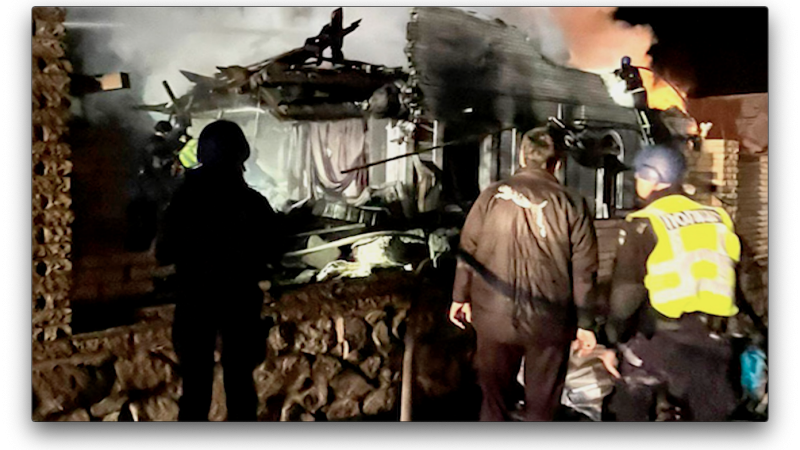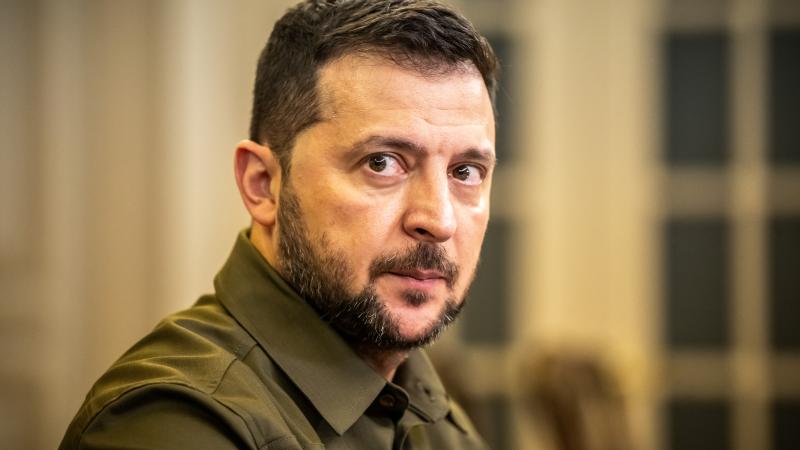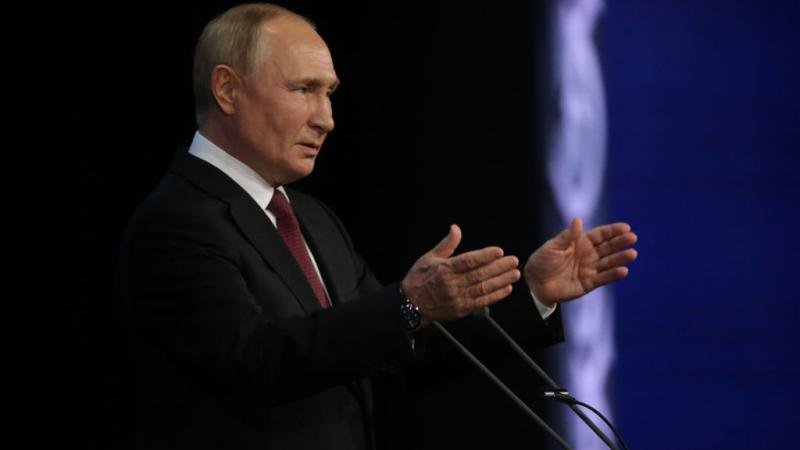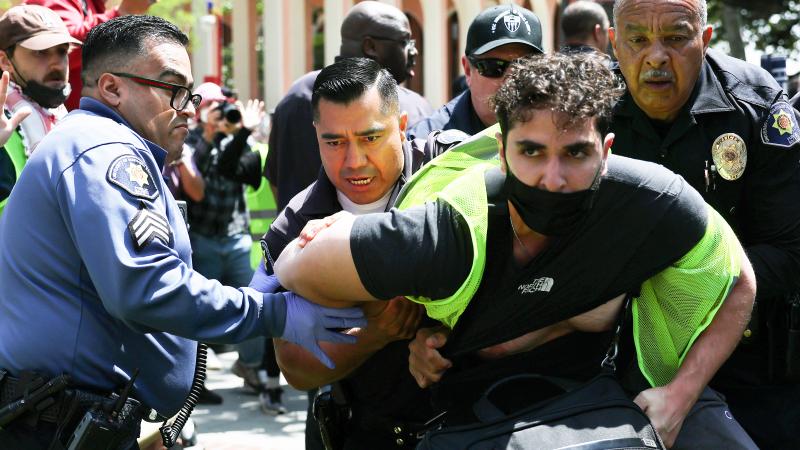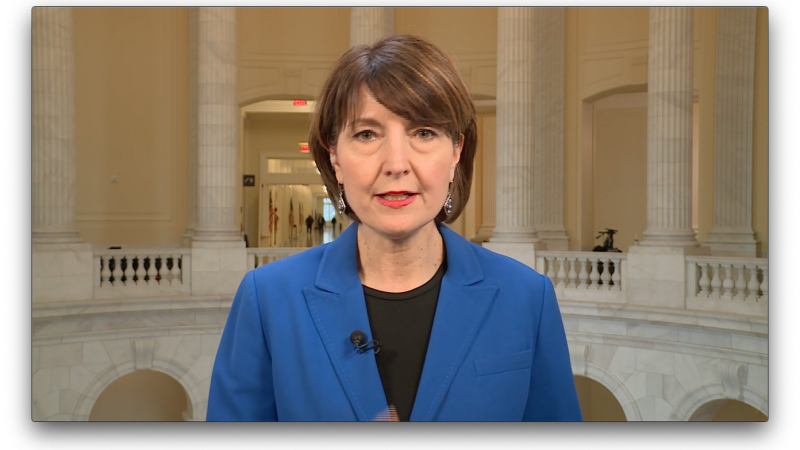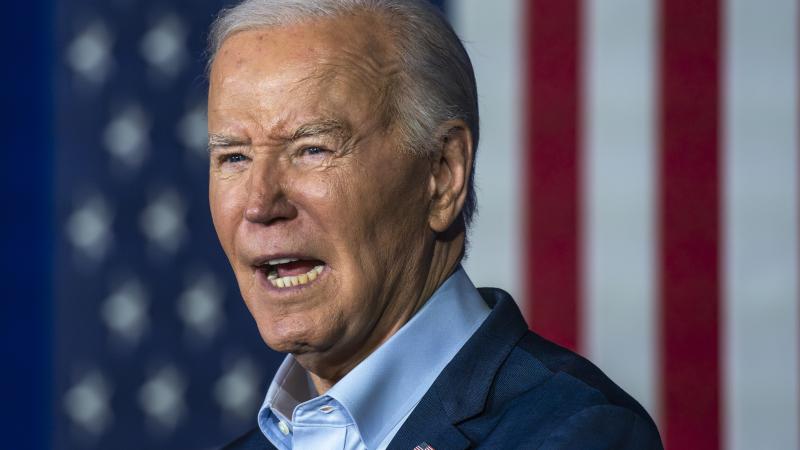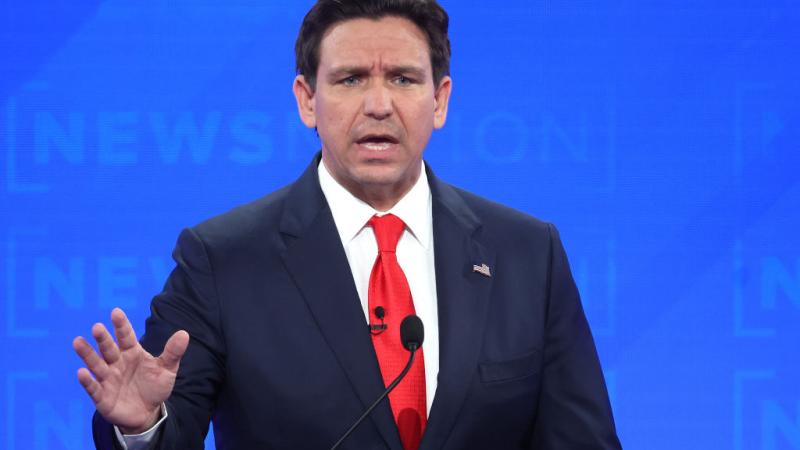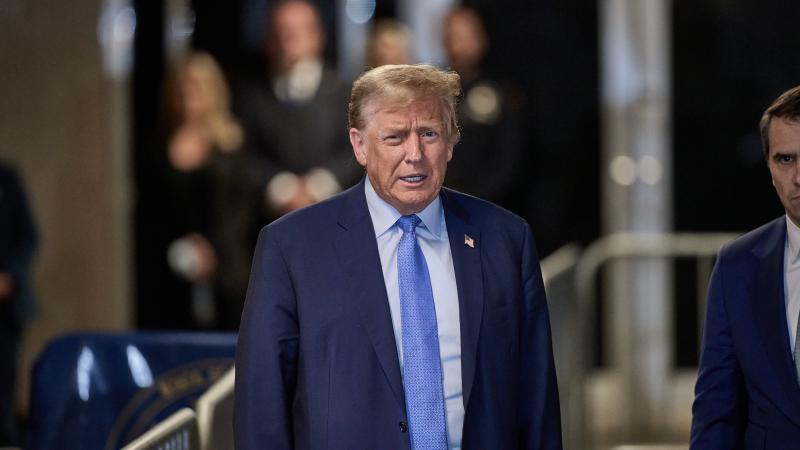As Obama marched toward Iran nuclear deal, FBI worried Russia was aiding Tehran’s program
Work by FBI undercover operative inside Russian nuclear firm Rosatom raised alarm about a Moscow-Tehran alliance.
As President Obama aggressively pursued a nuclear deal with Iran, the FBI used an operative who worked undercover for years inside Vladimir Putin’s nuclear empire to investigate and raise alarm that Russia was aiding Tehran’s nuclear ambitions.
The undercover work on Iran by William Douglas Campbell was overshadowed by his effort to help the FBI successfully prove that an executive at Rosatom, Russia’s state-owned nuclear energy company, was engaged in kickbacks, bribery and other crimes on U.S. soil and had compromised a U.S. uranium trucking company.
Campbell’s harrowing work posing as a consultant while informing for the FBI inside Rosatom’s Tenex subsidiary from 2007 to 2014 led to the successful prosecution of several players in the kickback scheme, including Russia’s top American nuclear executive, Vadim Mikerin.
Exclusive Just the News offer: Get a private VIP Q&A session with John Solomon, plus an autographed copy of "Fallout: Nuclear Bribes, Russian Spies and the Washington Lies that Enriched the Clinton and Biden Dynasties." Click here.
The FBI warned the Nuclear Regulatory Commission and other major federal agencies in August 2010 that Campbell had uncovered significant evidence of wrongdoing inside Rosatom’s Tenex agency. But the Obama administration nonetheless proceeded to approve billions of dollars in nuclear fuel contracts and Moscow’s purchase of a large swath of U.S. uranium through a company known as Uranium One.
But Campbell’s efforts to uncover the nuclear alliance between Tehran and Moscow raised similar concerns inside the FBI and are chronicled in the new book Fallout: Nuclear Bribes, Russian Spies and the Washington Lies that Enriched the Clinton and Biden Dynasties.
Agents actually pressed Campbell so hard to get more intelligence on Iran from his Russian contacts that it ultimately blew his cover, the books reveals.
Campbell began providing evidence of the Russia-Iran nexus starting in 2010, including a memo he intercepted inside Rosatom written by an American adviser, Cheryl Moss Herman, who later would go to work in a senior nuclear energy policy job inside the Obama Energy Department.
Herman’s 11-page report, titled “Policy/Legislative Issues Affecting the Business Climate in the U.S. for TENAM/Tenex,” warned there was a growing concern inside Congress that Russia’s determined march into new U.S. uranium business conflicted with Western intelligence that Moscow was still aiding Iran’s illicit nuclear program.
“There are some in Congress who believe that Russia is providing Iran with sensitive nuclear technology as well as the nuclear know-how that will allow it to proliferate a nuclear weapons program, despite Russian Government statements to the contrary,” the report told the Russians.
The FBI had similar concerns. Here are excerpts from the books that reveal just how extensive those concerns were.
In one debriefing, for instance, Campbell related to his handling agents that Mikerin had identified a specific Russian company that was facilitating business between Iran and Tenex.
“As I have mentioned previously they do all the uranium business between Russia and Iran,” Campbell wrote of the intermediary. “Vadim is involved in the process under the same kind of payment network between Iran and the special TENEX group.
“I have asked him if he visits Tehran and he indicates he will not go because he feels it will cause trouble both for [U.S.] relations as well as his US travel.”
Such intelligence was intriguing for FBI counterintelligence, especially as the Obama administration secretly began discussions with Tehran aimed at reaching a deal to delay Iran’s nuclear weapons program.
In 2010, Campbell had obtained from his Russian sources a nonpublic report from the International Atomic Energy Agency (IAEA), the UN watchdog that was bird-dogging Iran’s illicit nuclear weapons program. The public version of the May 2010 report identified current enrichment-related activities inside Iran, including evidence that UN inspectors gathered related to a uranium enrichment plant in Natanz.
While U.S. officials likely already knew the contents of the report, Campbell’s acquisition had provided valuable insight: an IAEA report marked “restricted” for limited distribution had fallen into the hands of Rosatom’s leadership quickly. The long arm of Putin’s nuclear team knew few bounds.
Campbell continued to provide fragmentary intelligence on the Moscow-Tehran nuclear dealings, including additional IAEA reports that the Russians had obtained.
But in early 2012, a harbinger arrived that the bureau was preparing to pull out its operative and finally close the counterintelligence gathering part of the probe and transition to criminal prosecutions.
Special Agent [Timothy] Taylor contacted Campbell with the most specific instruction the team had ever given him over the years: a detailed list of 15 questions that the bureau wanted asked of Mikerin.
The questions were transmitted via the secret Sigma email accounts that the bureau had set up with Campbell. All were about Iran:
- Is Iran seeking to create a weapon, either through obvious means, or through the design of their nuclear program?
- Are there any other countries, other than Russia, partnering to help Iran’s nuclear program?
- If there are other countries participating, what model for security and nuclear power generation is Iran following?
- What security measures has Iran put in place at nuclear facilities to prevent the computer failures, the failure of automated systems, or a computer virus?
- What political issues are of concern to Russia if they are to continue to support the Iranian nuclear program?
- If Iran is seeking to enrich uranium to HEU, what is the timeframe in which they expect to achieve that level?
- How many Russian employees are currently working on Iranian projects?
- How many Iranian scientists are currently working on nuclear energy projects? Who are they? What are their specialties?
- What is the megawatt capacity of Bushehr?
- What are the long-term goals for the facility?
- Are there other facilities currently enriching uranium?
- Have there been requests for assistance or indications of interest in new facilities?
- How may centrifuges are currently operating at Bushehr?
- What are the safety standards to which Iranian nuclear facilities are built? IAEA standards?
- How is Iran prepared to ensure force protection and answer international security concerns? · Are there concealed or restricted areas at Iranian nuclear facilities where Russians are not allowed to visit? Where are they, and what do the Russians feel is going on there?
- Are there temporary storage facilities where nuclear materials are stored? How are they secured?
- How is new and used nuclear material moved and stored, and by whom?
When Campbell got this list, he joked that the FBI was signing his death warrant. The questions were too specific, the kind only an American spy might ask. Campbell had already been threatened by the Russians with polonium poisoning to ensure that he would not betray their criminal network.
The FBI, however, would not back off, insisting that Campbell press ahead and corner Mikerin with the Iran questions. The agents even coached him on how he could put his Russian friend at ease while unloading this barrage of inquiries.
“As discussed: You spoke with contacts who understand US policy. After the conversations you wrote down notes and have some ideas. You believe that Russia, Rosatom and Tenex could improve working relations with the US by being transparent about activities in Iran. You believe that it would be easier for Tenex to do business in the US if the US knows that Rosatom and Tenex have their fingers on the pulse of what is going on in Iran and can ensure that the nuclear energy is being produced responsibly and safely,” the agents wrote Campbell in their instructions.
It might have sounded good to the agents, but after 30 years in the business of spying, Campbell knew that these questions would blow his cover, or at the very least break the bond of trust that he had built with his Russian targets.
Campbell was right.
Mikerin refused to provide much in terms of answers, and soon backed away from his longtime Sigma consultant.
Campbell’s work for Tenex dwindled, and his access to Rosatom diminished.

